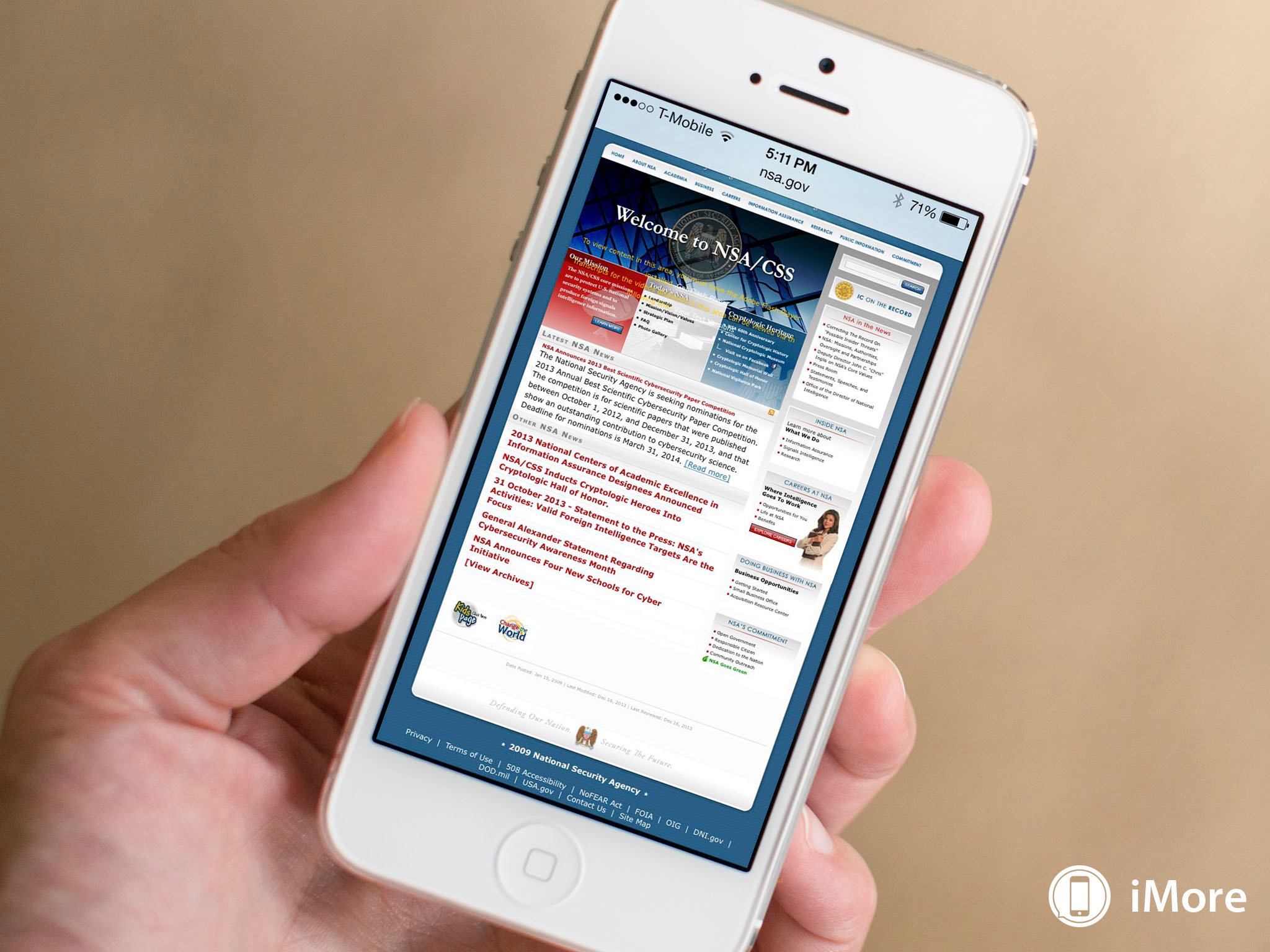Judge rules NSA phone data-mining unconstitutional

U.S. District Judge Richard Leon ruled Monday that the National Security Agency's (NSA's) collection of domestic phone record metadata is unconstitutional. The judge isn't enforcing his order, however, because the government is expected to appeal the ruling, according to Politico.
The NSA's phone record collection activities first came to public light in 2006, but got a new round of public analysis following the revelations of Edward Snowden, a former NSA contractor who disclosed the contents of NSA records to The Guardian reporter Glenn Greenwald. Snowden was granted temporary asylum in Russia in August, where he's been ever since.
While the NSA says that it's not listening to or recording the phone calls of American citizens without probable cause (which it recently told TV news program 60 Minutes it only has the authority to do in the case of "50 or 60 people"), it admits to collecting metadata about American citizens' calls. This metadata includes information on the number dialed, the time and date of the call and the call's frequency. Such data collection enables the agency's analysts to "chain out" connections between suspected terrorists to build a better idea of who is communicating with whom. The NSA is doing so with the implicit permission of judges on the Foreign Intelligence Surveillance Court (FISC), which has, for the past seven years, authorized such data collection activity.
The NSA's collection of metadata is at the heart of the case before Judge Leon, which was filed by attorney Larry Klayman, founder and former chairman of conservative government watchdog group Judicial Watch. Klayman filed suit against the Obama administration on behalf of several plaintiffs earlier this year.
In issuing his ruling, Leon called NSA's collection of metadata "almost Orwellian," an "'indiscriminate' and 'arbitrary invasion'" that likely violates the Fourth Amendment to the United States Constitution - the part of the Bill of Rights which prohibits unreasonable search and seizure and requires a judicial warrant to be supported by probable cause. The Justice Department claims such metadata collection is not covered under the Fourth Amendment, since it's routinely collected by phone companies for billing purposes and shared voluntarily.
Judge Leon waved off an attempt to cite a 1979 Supreme Court case often cited by the Justice Department as a precedent. In that case, the Court ruled that a "pen register," a device phone companies used to record numbers dialed from a particular phone line, did not violate the Fourth Amendment. Judge Leon explained that technology has changed dramatically in the intervening decades, altering both the quantity and quality of information the Government can collect. He also said that the Justice Department had failed to prove that such metadata collection had actually helped to head off any terrorist attacks.
Last month the Supreme Court refused to hear a petition filed by the Electronic Information Privacy Center about the NSA metadata program. Leon's ruling suggests that the issue is going to end up before the Supreme Court eventually, however.
Master your iPhone in minutes
iMore offers spot-on advice and guidance from our team of experts, with decades of Apple device experience to lean on. Learn more with iMore!
This past July Apple joined Google, Microsoft and several other large technology companies to call for greater transparency by the NSA to help restore public trust in their products and services after it was revealed that the agency's PRISM program tapped into their data directly.
Source: Politico
